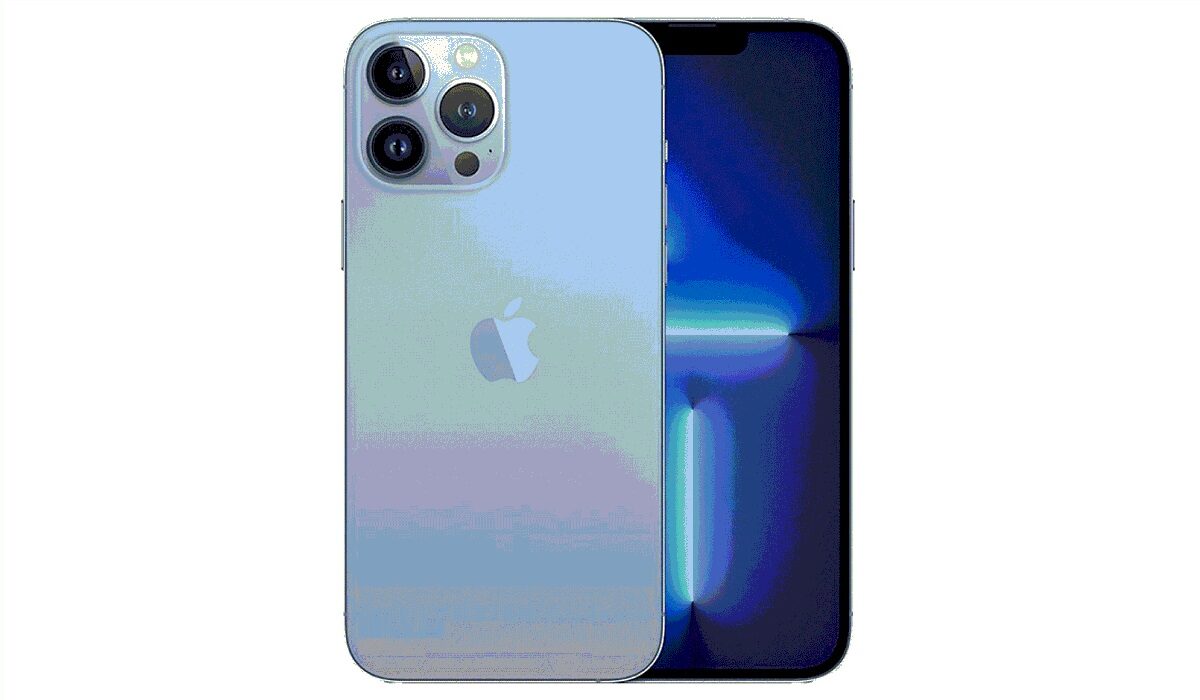It might sometimes be challenging to decide when to replace your iPhone or just update it to the latest OS. Also, if your phone isn’t working properly, there’s the occasional dilemma as to whether you should fix it or get an entirely new one. However, this decision doesn’t have to be so confusing if you know the signs that typically indicate that it’s time to get a new device. If you’re not familiar with these helpful hints, then this article is for you. We’ve provided the most prominent indications in this guide that will help you recognize when your iPhone is too old and needs to be replaced with a new one. How Long Should My iPhone Last? Under normal circumstances, your iPhone should last a long time if you take good care of it. You can generally anticipate your phone to remain functioning for about four to seven years. Almost always, iOS updates for iPhone models come for years after their release date. The 2014-released iPhone 6 for instance was still able to install iOS 14 updates as of 2021. Of course, you, and not Apple, will determine how long your phone lasts because, in the end, it’s how you handle the phone that matters most. Your device’s lifespan will naturally get shorter if you misuse it frequently.
How Do You Know It’s Time to Replace your iPhone?
Below, we’ve discussed some important signs that should help you know that it’s time for a new iPhone device. Faster Battery Drain Your iPhone’s battery will inevitably deplete more quickly as it gets older. This can also be brought on by temporary elements like chilly weather. However, if you discover that you can’t use your smartphone for extended periods without having to recharge it, upgrading may be your best option. You might want to think about getting your battery changed instead if you still receive fresh iOS upgrades and don’t want to buy a new phone. If you request the repair through an authorized repair shop instead of Apple, it will probably be far less expensive. Inability to Download and Install the Latest iOS Software Even if it doesn’t seem like a major concern to not have the most recent iOS software, there are additional benefits to updating your phone that go beyond the addition of new functions. You run the danger of being exposed to malware and other security threats if you don’t have the most recent Apple software. Your phone might continue to function normally for a short period after it stops getting the most recent iOS updates. However, it’s generally a good idea to update your iPhone and secure it with the most recent software for your safety. So, if for whatever reason your iPhone gets to the point where it can no longer install updates, then it’s time to say goodbye to it. Constantly Insufficient Space For iPhone users, having insufficient storage capacity is a regular issue. Your device can accumulate a lot of files, apps, photographs, and music if you don’t routinely clear it. As such, it’s a great starting step to go through and delete everything on your phone that isn’t important to you when you’re struggling to free up enough space. However, there are occasions when a phone’s storage capacity is insufficient to meet all the needs of its user. If this is the case for you, you might want to think about upgrading to an iPhone with greater capacity, especially when you frequently run out of space while using the phone normally. Lack of Support For Newer Wireless Technologies Older devices are frequently left behind when tech companies modernize the mobile network backbone. Texting and calling people should still be possible, but doing anything else without Wi-Fi will be more difficult. Even though you don’t need 5G to receive speedy mobile coverage, you’ll be able to maximize the performance of your smartphone if you have at least 4G. Older phones supporting only 3G networks are mostly obsolete at this point. When your iPhone no longer supports the most widely deployed wireless technologies, upgrading to a new model is a wise and sometimes necessary move. Some Key Functions Don’t Work It’s possible that your iPhone still functions well even if you don’t have the most recent software or a part of it — like the screen — is destroyed. However, you should keep in mind that the likelihood that your device will eventually stop operating at a level that is even remotely suitable is substantial. Your only choice may be to upgrade to a new smartphone if other people typically can’t hear you over the phone, your apps frequently crash, or your touch screen and buttons don’t function as they should, if at all. Summarily, no matter how carefully you handle your iPhone device, it will still need to be replaced one day. The instructions in this article will help you recognize if all you need is an update sometimes, or if it’s time to replace your iPhone with an entirely new device. Keep in mind that some things can be fixed just by changing some parts of the phone. However, if it appears that you’ll spend more repairing the phone than you would if you were buying a new one, then the smart choice is pretty obvious. We hope you’ve learned a lot from this article, so we encourage you to share or recommend it to others.
Don’t miss our mobile phone reviews.Follow our news on Google News.Join our WhatsApp Group, to be notified of the most important articles and deals,Follow us on Instagram, Facebook, Twitter, and YouTube.
